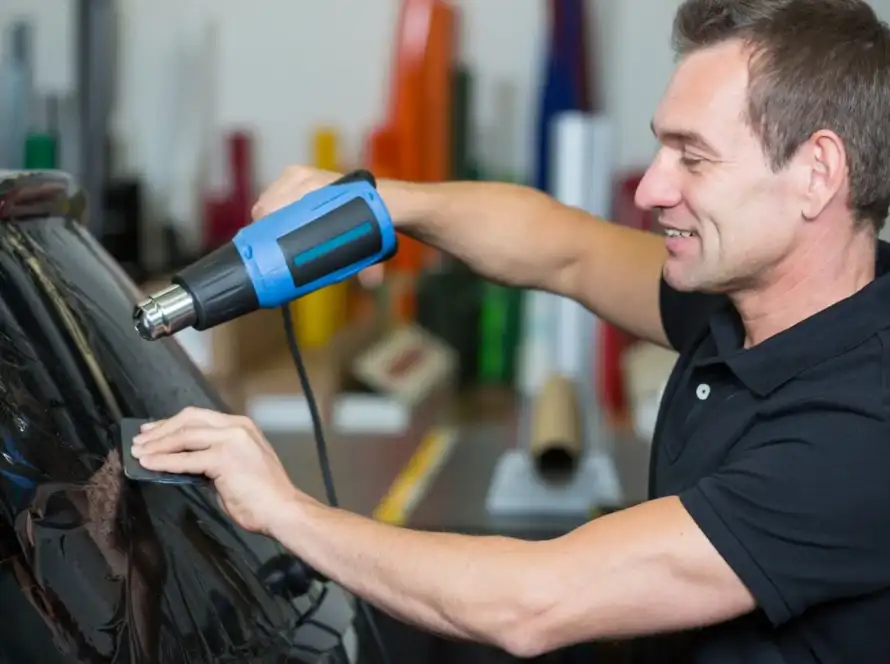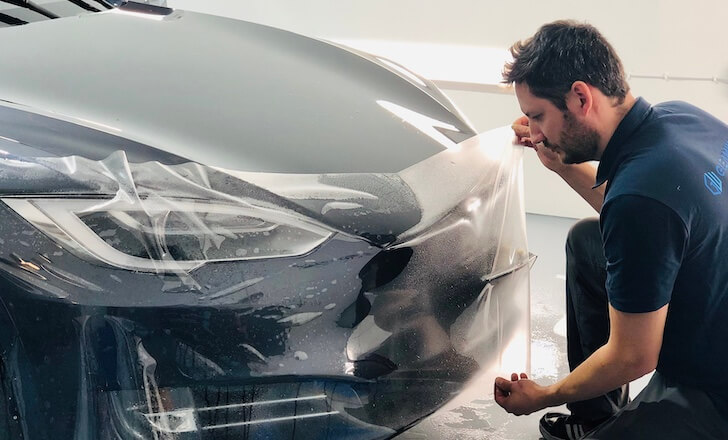You are ready to get your windows tinted on your car, but does California have any laws for window tinting? The answer is yes, California has laws for window tinting. In this post, we will break down the laws associated with automotive window tinting.
According to the California Legislative Information website, Assembly Bill No. 1303, CHAPTER 210:

- The window glazing with the material applied meets all requirements of Federal Motor Vehicle Safety Standard No. 205 (49 C.F.R. 571.205), including the specified minimum light transmittance of 70 percent and the abrasion resistance of AS–14 glazing, as specified in that federal standard.
- Sun screening devices meeting the requirements of Section 26708.2 installed on the side windows on either side of the vehicle’s front seat if the driver or a passenger in the front seat has in his or her possession a letter or other document signed by a licensed physician and surgeon certifying that the person must be shaded from the sun due to a medical condition, or has in his or her possession a letter or other document signed by a licensed optometrist certifying that the person must be shaded from the sun due to a visual condition. The devices authorized by this paragraph shall not be used during darkness.
These two points of the Bill mean that the automotive window tint film legal shade for the front windshield, driver’s and passenger’s windows can only be 70%, which is the lightest color and to the naked eye looks just like your window without tint. The second point means that you can technically bypass the first point, only if a licensed physician and surgeon provides the driver a letter or official document stating that you need window tinting for a medical condition.
Dr. Tint California has these laws in the shop visibly available for any guest to read and ask questions about. We tell all of our customers, we do not window tint the windshield, but we can do a sun visor which will only cover 6 inches at the top of the windshield, and the driver and passenger windows are the driver’s responsibility.
As a quick reminder, the windshield, driver, and passenger windows need to be 70% darkness, the “back half” of the automobile can be any shade, all the way to the black-out tint at 5%.
If you worry about sun damage in your car or heat, ask us about ceramic tint, which even at 70% you, will protect your car and your body from heat.



